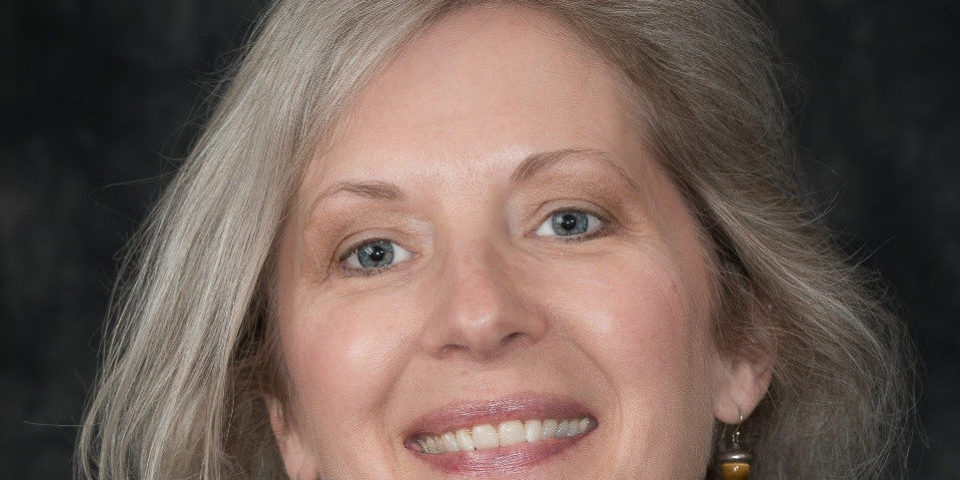Here is Local 20/20’s regular Resilience Review column in the Port Townsend Leader, published 8/12/20. Thank you PT Leader!
On Covid and Climate Perils
By Cyndy Bratz
Just to top it all off, on top of a global pandemic and increasing efforts to achieve racial justice, we still have a climate emergency that we have been, for the most part, ignoring for the past 30 years. Unfortunately, governments have not responded adequately to this emergency. But there is much we can do, including voting as if our children and grandchildren’s lives depend on it.
As an environmental engineer I have read the science on climate change and realize the serious risks of our present path. During the Stay at Home order, I noticed some parallels between COVID-19 and climate perils.
For each of these issues, there is scientific knowledge and there are incentives to attack that scientific knowledge. The incentives are almost always tied to financial gain for a few, and the resistance to change by many. Let’s face it, change is hard and informing one’s self is an effort too. Easier to keep on doing what we have always done. However, a recent poll (Pew Research Center, May 2020) indicates the pandemic has somewhat increased public confidence and trust in science.
There are hidden costs, both financial and healthwise, for each of these issues. With the pandemic, the economy has taken a hit and many people are in a precarious financial position. Can we reopen the economy while minimizing health risks? I think in Washington we’re striking a good balance and I’m grateful that our state leadership is following the advice of medical experts.
As climate change progresses, infectious disease may occur more frequently. Dr. Kristie Ebi, UW professor and lead author of the IPCC Special Report: Global Warming of 1.5ºC, said in a recent interview with the Climate Reality Project, “…these reports detail that climate change is already affecting our health, our livelihoods, and our ecosystems in ways that are making our lives much more challenging.” How will our economy and health fare with more frequent incidence of disease?
The true cost of climate change is unfolding more slowly than those of the pandemic. The poles are warming faster than the rest of the planet. Records were set in 2020 for both the Arctic (100.4 °F recorded June 20, 2020) and the Antarctic (69.3 °F on February 9, 2020). With these shockingly high temperatures comes ice melt and sea level rise. From Projected Sea Level Rise for Washington State (2018, Washington Coastal Resilience Project), using the sea level rise data visualization tool, sea level rise in Port Townsend is projected to increase by 1.2 to 3 feet by year 2100 (relative to 2000) for the range of 17% to 83% probability of occurrence. If we globally make significant, rapid reductions in greenhouse gases, we can avoid the worst consequences of climate change and may be able to limit the impact on our lovely Port Townsend waterfront.
Staying at home has been a slower time for me with less social interaction and little travel, so I considered my own carbon footprint. I used Coolclimate.berkeley.edu for a detailed interactive carbon footprint calculator. Another great one is at taming-bigfoot.org, created by Local 20/20. When I bought my electric car, I influenced two friends who each bought one. They influenced other friends, and so on. Now we’re switching out the old oil-fueled boiler for electric heating. Our personal choices do more than reduce greenhouse gas emissions. They influence other people’s choices and the economy too. We need systemic changes by governments and we also need practical individual actions. We can choose to make substantial, rapid change to a sustainable lifestyle and economy.
“The future ain’t what it used to be.” Yogi Bera
Cynthia Bratz, P.E., is an environmental engineer with expertise in clean water, sustainability and environmental engineering. She is a LEED-accredited professional, Envision sustainability professional, and is a member of the Local 20/20 Climate Action Group.








